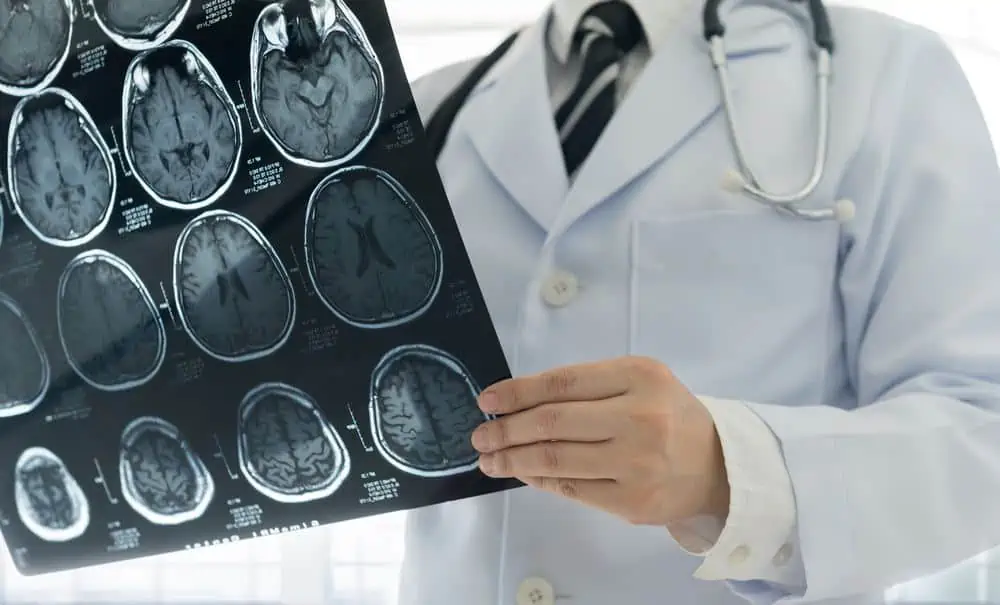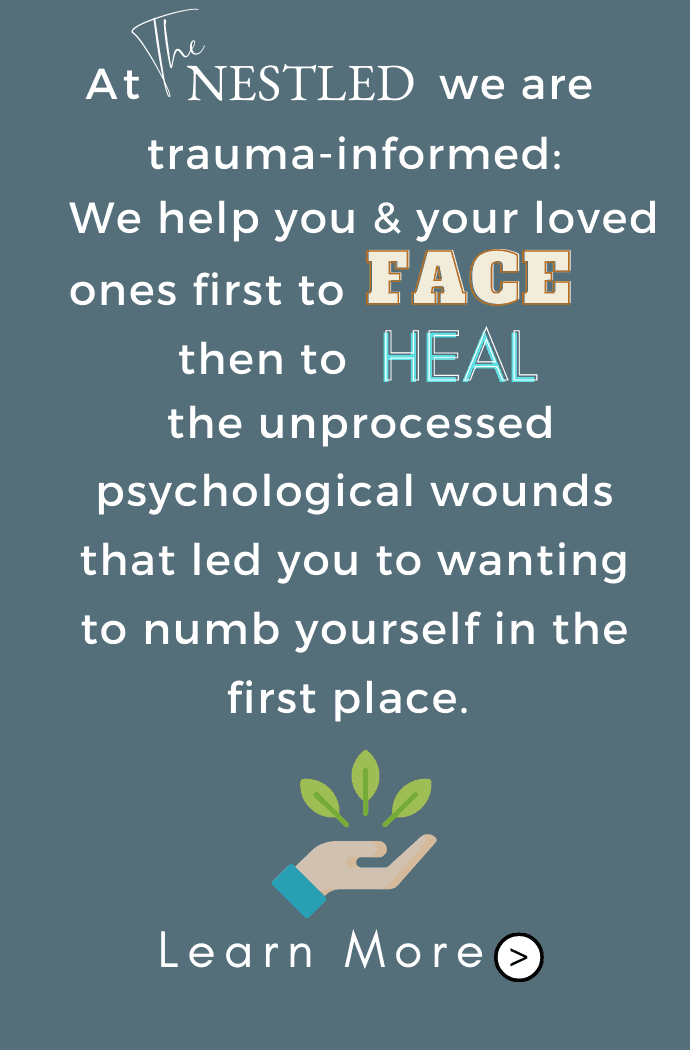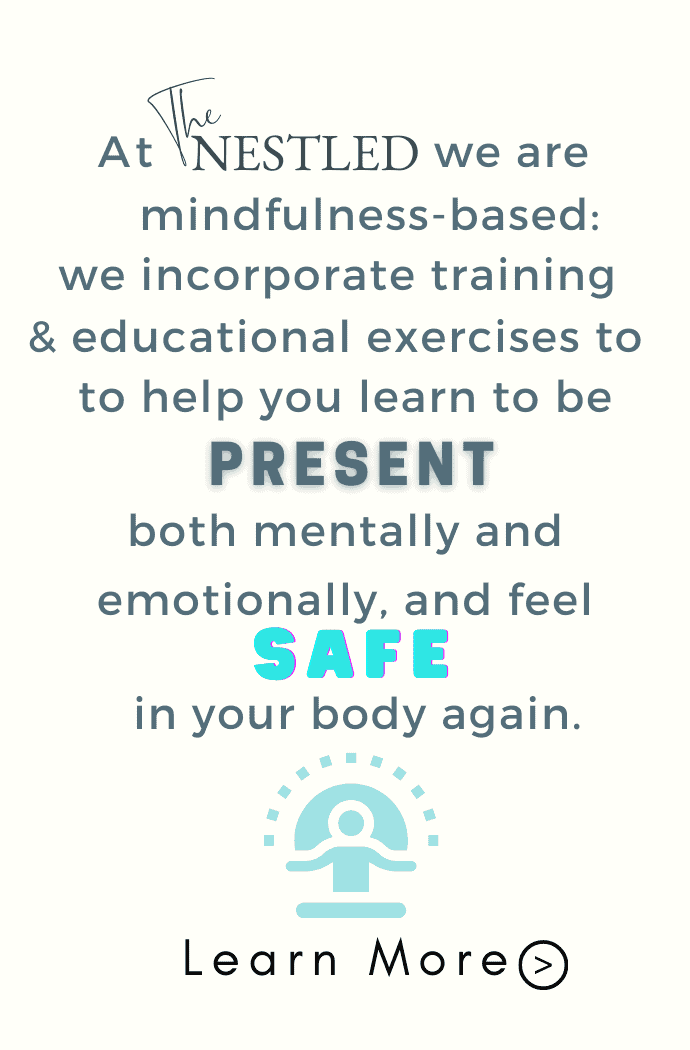Lots of people may be familiar with how alcohol and drug addiction can impact a person’s behavior and decisions, but few fully understand how addiction affects the brain. Once recreational drug use develops into dependence and then addiction, the brain’s reward system is triggered, changing neuropathways, and making it more difficult to stop using the substance.
It’s first important to understand how the brain works. The brain is a major organ in our body that is in charge of maintaining temperature, emotions, coordination, breathing, and decision-making.
What Do Drugs Do To The Brain?
Thanks to scientific achievements, we are able to now know that people with drug or alcohol dependence display abnormal activity in the forebrain – the area where chemical messengers stimulate desire. This is because when someone develops an addiction, their brain considers the substance to be a reward and craves it more and more. When someone gives in and takes more drugs or consumes alcohol, the reward system is triggered and releases high levels of dopamine, a chemical that produces feelings of pleasure.
Once the chemicals in alcohol and drugs like stimulants, opioids, and sedatives enter the brain and bloodstream, people may also feel physical symptoms like nausea, paranoia, a rapid heartbeat, hallucinations, and more. However, people who have developed an addiction may be entirely focused on acquiring more of the “feel good” feelings from using drugs and will continue using, no matter how alarming or uncomfortable the symptoms may be.
What is the Long-Term Impact of Substance Abuse on the Brain?
When someone develops a tolerance to alcohol or drugs over time, the brain receptors adjust to the chemicals by producing less dopamine. As a result, the effects of euphoria and other symptoms might not feel as intense, and the user may feel the need to increase their dosage in order to replicate the intensity.
Because addiction is often a long-term struggle that can take years to overcome, it can also have long-term effects on the brain. Because alcohol and drugs affect areas of the brain that are responsible for emotions and motivation, over time, people can begin to lose their concentration and judgment.
Here are some of the long-term side effects of drug abuse:
- Confusion
- Feelings of lethargy or reduced motivation
- Memory loss
- Delayed reactions
Does Drug and Alcohol Withdrawal Affect the Brain?
Withdrawal is unavoidable when people struggling with addiction suddenly stop using drugs or consuming alcohol. Some people experience unpleasant symptoms like sweating, nausea, and anxiety. Much of this occurs because after prolonged use, the drug has essentially rewired the brain. The brain has modified its neurotransmitter levels in order to achieve homeostasis; when someone stops using a drug, the homeostasis is thrown off. This imbalance creates issues with a person’s neurotransmitters and hormones, resulting in negative side effects.
Withdrawal can be dangerous and even life-threatening, depending on the drug and the level of addiction. This is why many people check into detox centers when they’re ready to stop using – withdrawal symptoms must be monitored by medical professionals, and often it can be harmful to stop using a drug all at once. A certified professional may suggest reducing use of the drug over time, rather than stopping altogether.
How Does an Overdose Affect The Brain?
An overdose can lead to devastating and long-lasting consequences on an individual’s brain since many times the brain goes without sufficient oxygen for an extended period of time and thus many brain cells are lost. The effects of an overdose can range from mild cognitive impairments to permanent damage such as stroke or paralysis. This is due to the fact overdoses are often accompanied by confusion, disorientation, changes in consciousness, seizures, and coma.
Long-term consequences on the brain from an overdose can result in symptoms such as changes in memory and learning abilities, difficulty concentrating, mood disturbances such as depression or anxiety, impaired judgment, personality changes and compromised executive functioning. More severe overdoses targeting brain function alone can lead to irreversible neurological damage that affects physical coordination and speech production. Drug users must be aware of potential risks associated with overdoses in order to avoid any potential harm.
Frequently Asked Questions About Drug Abuse And Brain Damage:
Can drugs cause permanent damage to the brain?
Yes, some drugs can cause permanent damage to the brain. For example, heavy use of alcohol and other substances can lead to long-term changes in the brain that can affect cognitive function, memory, and decision-making abilities.
Can drugs cause brain damage even if they are only used occasionally?
Yes, drugs can cause brain damage even if they are only used occasionally. This is because the brain is highly sensitive to the effects of drugs, and even small amounts can cause changes in brain chemistry and function.
Can drug abuse be treated and reversed?
Yes, drug abuse can be treated and reversed with the right support and interventions. Treatment for drug abuse often involves a combination of therapy, counseling, and medication, and can help individuals overcome addiction and restore healthy brain function.
Are some drugs more harmful to the brain than others?
Yes, some drugs are more harmful to the brain than others. For example, drugs that are highly addictive and cause significant changes in brain chemistry, such as methamphetamine and cocaine, can be particularly damaging to the brain.
Is it possible to prevent drug-related brain damage?
Yes, it is possible to prevent drug-related brain damage by avoiding drug use altogether. In addition, individuals who are struggling with addiction can seek help from a healthcare provider or addiction specialist to get the support they need to overcome their addiction and protect their brain health.
Treating Addiction with Compassion & Patience
At The Nestled Recovery Center, our team understands that addiction is powerful and takes time and dedication to overcome. There is no “cure” that can remove your addiction and allow you to get back to your life as if nothing happened. Addiction is intertwined with a variety of physical, mental, and emotional challenges that can take time to unravel. When you join any of our programs, you can expect our team to take a holistic approach to your treatment, meaning we address the person, not just the problem. We treat each of our clients with compassion and know that your journey is unique – your time with us can’t be compared to any of our other clients’ journeys. Discover a new way of life today by visiting our center.
Call The Nestled Recovery Center at (702) 299-6406 or fill out our online form if you’re ready to seek treatment for your addiction. We offer programs to help you at each stage of your recovery journey, from detox to treatments and therapies.








